Korea launches first Large-Scale Ammonia Cracking Project for Hydrogen Mobility
On September 7, the South Korean province of Jeonbuk launched a major demonstration project aimed at producing hydrogen from ammonia, part of a broader effort to build the technological foundation for a clean hydrogen supply and transition the local industry toward carbon neutrality. A memorandum of understanding (MoU) was signed by Jeonbuk Province, the city of Gunsan, the Korea Research Institute of Ships & Ocean Engineering (KRISO), Hyundai Motor, Hyundai Rotem, and the Korea Testing Laboratory (KTL) to develop and operate an ammonia-based hydrogen production system. Scheduled to run from 2025 to 2027 at KRISO’s testing site in Gunsan, the initiative represents Korea’s first large-scale deployment of ammonia cracking technology for mobility-grade hydrogen production. Hydrogen-based systems and components usually require KGS factory approval in order to be approved for import and sale in Korea.
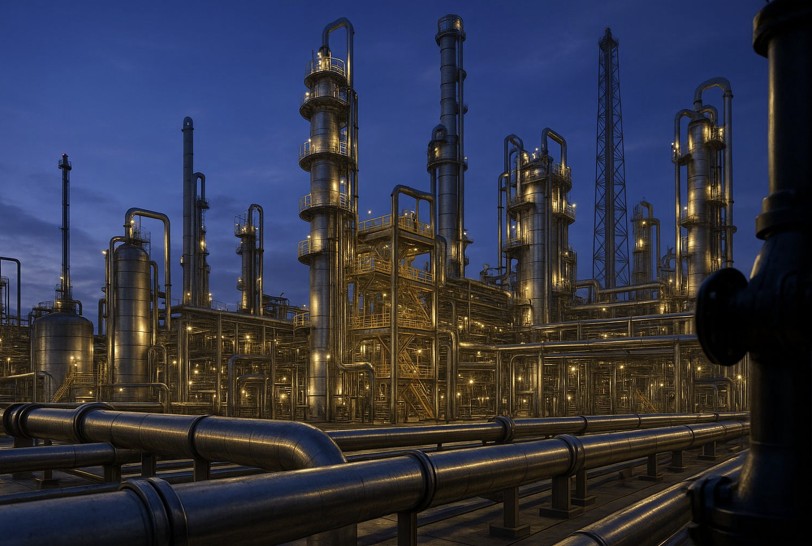
Each partner plays a distinct role in the project: Jeonbuk and Gunsan will handle permitting and administrative support; KRISO will provide the test site and manage ammonia storage and supply infrastructure; Hyundai Motor is tasked with designing and operating the ammonia cracker; Hyundai Rotem will oversee manufacturing, installation, and commissioning of the equipment; and KTL will develop safety guidelines. Ammonia is considered a promising hydrogen carrier due to its higher storage density and ease of liquefaction compared to hydrogen. The project is expected to accelerate the commercialization of ammonia cracking technology and support the development of an integrated clean hydrogen industry in the region.
Feel free to contact us any time if you need assistance or have any questions regarding Korean certifications like KC, KC EMC, KCs, KCs for explosion safety products or KGS factory registration.
Tel. Europe: +49-69-271 37 69 259
Tel. US: +1 773 654-2673
Email: info@korea-certification.com
For more information you can download our free brochure “Korea Certification Made Easy – The Booklet“.
SK hynix expands Chip Packaging Capacity with new Backend Facility in Korea
SK hynix, a global leader in memory chip manufacturing, is preparing to build a new backend production facility to enhance its packaging capabilities amid growing demand for advanced semiconductor technologies. The facility, provisionally named “P&T 7,” will be located in Cheongju, North Chungcheong Province. The company has begun demolishing a former LG plant it had previously acquired on the site, with plans to complete the demolition by September. Machines and products involved in chip production usually require KCs certification in order to be approved for import and sale in Korea.
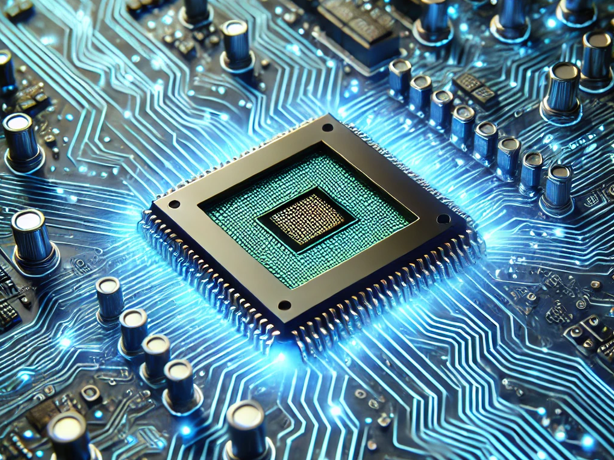
While a construction timeline for the seventh facility has yet to be finalized, the site is expected to function both as a packaging plant for finished products and as a testing fab. SK hynix currently operates six backend (P&T) buildings across Icheon and Cheongju. The backend process, which includes wafer dicing, chip testing, and packaging, is becoming increasingly vital as traditional semiconductor scaling approaches its physical limits. In this context, advanced packaging technologies are emerging as a critical pathway to achieving improved performance and power efficiency in next-generation chips.
Feel free to contact us any time if you need assistance or have any questions regarding Korean certifications like KC, KC EMC, KCs, KCs for explosion safety products or KGS factory registration.
Tel. Europe: +49-69-271 37 69 259
Tel. US: +1 773 654-2673
Email: info@korea-certification.com
For more information you can download our free brochure “Korea Certification Made Easy – The Booklet“.
Korea announces $600 Million Investment in Hydrogen-Based Steelmaking Technology
Korea has unveiled plans to develop hydrogen-based steelmaking technology by 2030, aiming to strengthen the global competitiveness of its domestic steel industry and advance toward carbon neutrality. Following the completion of a recent feasibility study, the Ministry of Trade, Industry and Energy announced an investment of 814.6 billion won (approximately USD 600 million) over five years to support a demonstration project in partnership with the private sector. The initiative includes constructing a facility capable of producing 300,000 tons of hydrogen-reduced steel and molten iron. Products and components for hydrogen systems like pressure vessels usually require KGS factory registration in order to be approved for import and sale in Korea.
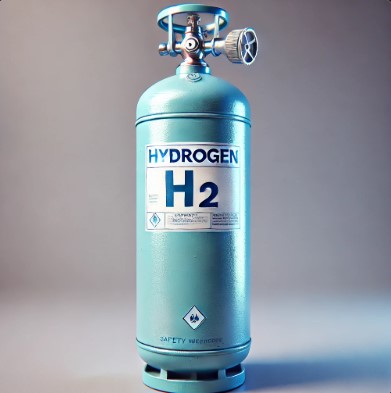
The hydrogen-based steelmaking process, which uses hydrogen gas instead of coal, can reduce carbon emissions by more than 95% compared to traditional methods. Korea intends to apply this technology to electric arc furnaces operated by small and medium-sized enterprises. A key part of the plan involves the utilization of FINEX—a strategic national technology—as an alternative, environmentally friendly method for steel production. FINEX allows direct use of iron ore fines and non-coking coal, offering a viable replacement for conventional blast furnaces. According to the ministry, the demonstration project is expected to position Korea as a leader in low-emission steel production by 2050.
Feel free to contact us any time if you need assistance or have any questions regarding Korean certifications like KC, KC EMC, KCs, KCs for explosion safety products or KGS factory registration.
Tel. Europe: +49-69-271 37 69 259
Tel. US: +1 773 654-2673
Email: info@korea-certification.com For more information you can download our free brochure “Korea Certification Made Easy – The Booklet“.
Korea extends Hydrogen Infrastructure with new Clusters in Eastern Provinces
The Ministry of Trade, Industry and Energy has confirmed plans to establish two hydrogen clusters in the eastern provinces, aiming to accelerate the growth of hydrogen-related industries. Beginning in March next year, a dedicated industrial complex for hydrogen storage and transportation will be constructed in the cities of Donghae and Samcheok in Gangwon Province. In addition, Samcheok is slated to host a hydrogen liquefaction facility, contingent on the results of an economic feasibility study scheduled for completion in July.
Pressure vessels and other systems related to hydrogen power systems usually require KGS certification in order to be approved for import and sale in Korea.
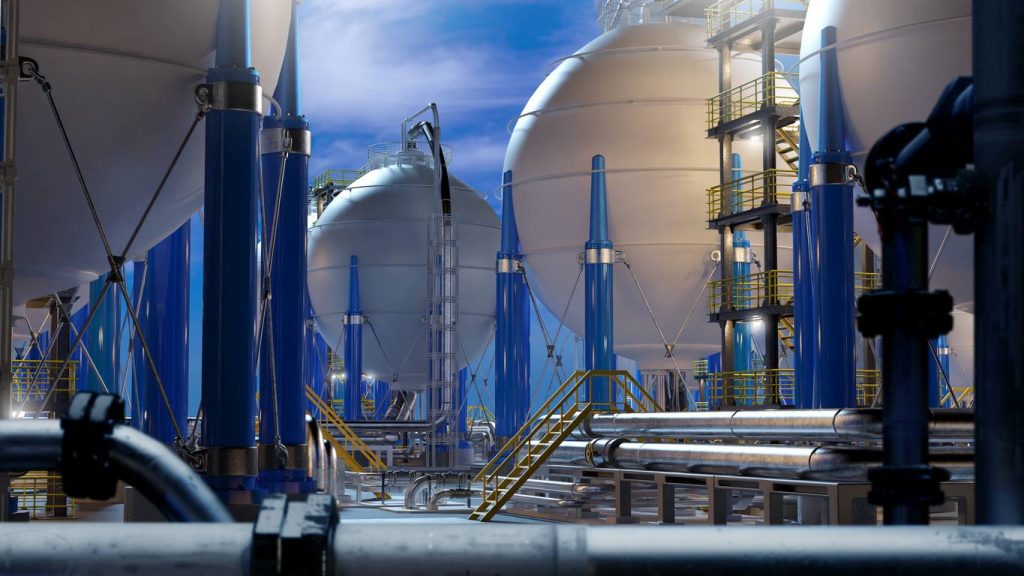
Further south, Pohang in South Gyeongsang Province will see the launch of a new industrial complex for hydrogen fuel cell manufacturing later this year, positioning the city as a future hub for hydrogen battery exports. To fund these initiatives, the central and local governments have allocated a combined 214.2 billion won (approximately USD 158 million) through 2028, while the private sector is expected to contribute an additional 293.6 billion won. According to the ministry, the overarching goal is to build a comprehensive industrial ecosystem that spans the entire hydrogen value chain, from production and storage to transport and end use.
Feel free to contact us any time if you need assistance or have any questions regarding Korean certifications like KC, KC EMC, KCs, KCs for explosion safety products or KGS factory registration.
Tel. Europe: +49-69-271 37 69 259
Tel. US: +1 773 654-2673
Email: info@korea-certification.com
For more information you can download our free brochure “Korea Certification Made Easy – The Booklet“.
Korean Appliance Makers accelerate Entry into Beauty Device Market amid Home-care Trend
South Korea’s small and mid-sized home appliance manufacturers are increasingly diversifying into the beauty device sector to capitalize on the rising demand for home-care products. Leveraging existing expertise in high-frequency, ultrasound, and cooling technologies, companies like Cuckoo, At Home, and Chungho Nais are launching new skincare tools and expanding product lines. Cuckoo, known for its kitchen appliances, introduced the “Renature Medikin HI” skincare device following a 33% year-on-year increase in hair-care gadget sales. Meanwhile, At Home’s esthetic brand “Thome” achieved sell-out success with its “The Glow” droplet ultrasound device. These firms are combining technological capabilities with design innovation to differentiate themselves in a competitive market. Home appliances like Beauty Devices usually require KC Safety certification in order to be approved for import and sale in Korea.
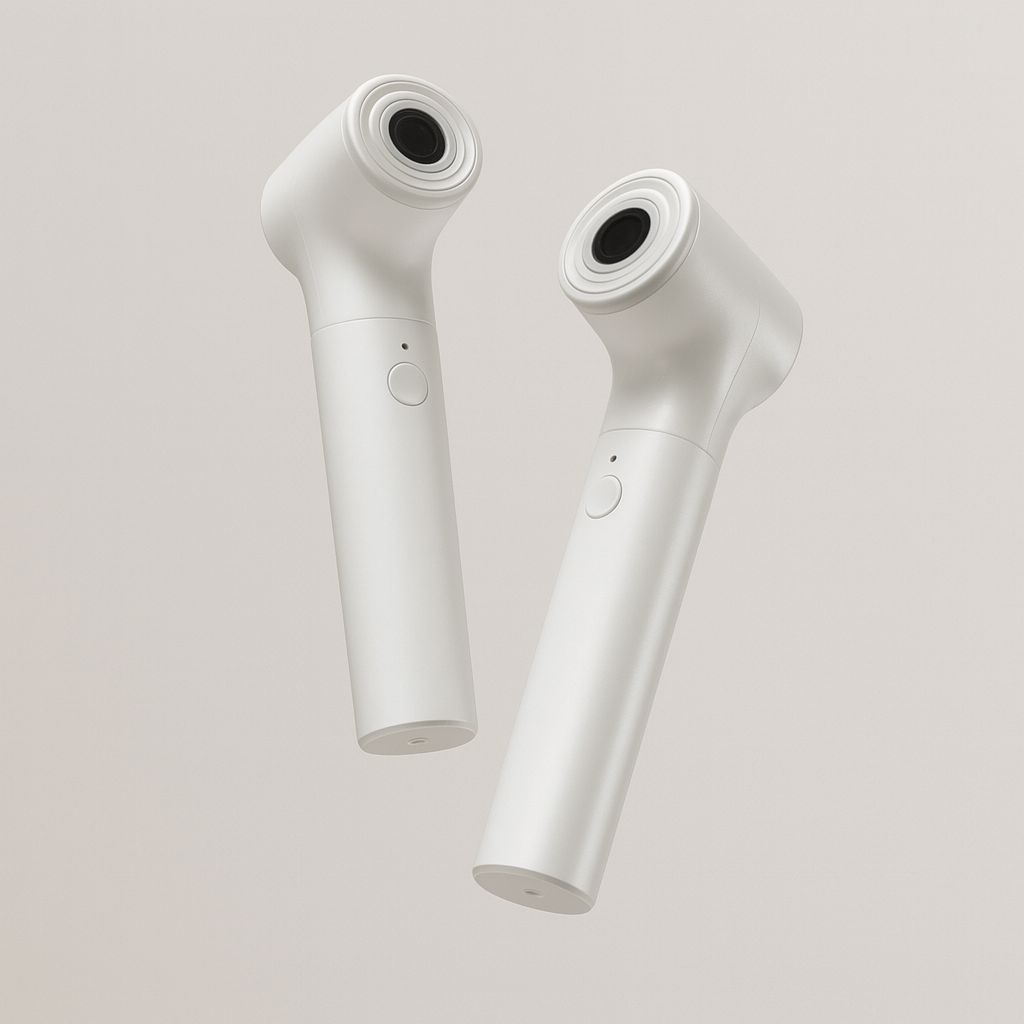
Design and service offerings are emerging as key differentiators. Chungho Nais collaborated with Dongkook Pharmaceutical to launch the “Madeca Prime Ritual White Pearl Chungho Package,” inspired by the traditional gua sha technique. Ceragem, known for massage chairs, entered the beauty market with its “Cellunic MediSpa Pro,” available for trials at its wellness cafés, leading to a 27.4% increase in trial users in Q2 2025. Industry forecasts suggest the Korean beauty device market, which expanded from 500 billion won in 2018 to 1.6 trillion won in 2022, will surpass 3.4 trillion won by 2030 with annual growth over 10%. As interest in K-beauty grows globally, small and mid-sized manufacturers are expected to pursue international expansion, backed by South Korea’s strong technological reputation.
Feel free to contact us any time if you need assistance or have any questions regarding Korean certifications like KC, KC EMC, KCs, KCs for explosion safety products or KGS factory registration.
Tel. Europe: +49-69-271 37 69 259
Tel. US: +1 773 654-2673
Email: info@korea-certification.com
For more information you can download our free brochure “Korea Certification Made Easy – The Booklet“.
South Korea opens Market to LEO Satellite Internet Services
South Korea’s Ministry of Science and ICT has approved three cross-border agreements allowing low Earth orbit (LEO) satellite internet services to operate domestically. This includes Starlink Korea LLC’s arrangement with SpaceX and partnerships between Korean operators Hanwha Systems and KT SAT with Eutelsat’s OneWeb. The approvals clear the path for both Starlink and OneWeb to begin commercial operations as early as next month, pending final equipment certification under the country’s regulatory framework. Foreign telecommunications firms in Korea must form agreements with local license holders to legally offer services to end-users. Wireless reception equipment for low Earth orbit satellite services and radio equipment in general usually require KC EMC certification in order to be approved for import and sale in Korea.
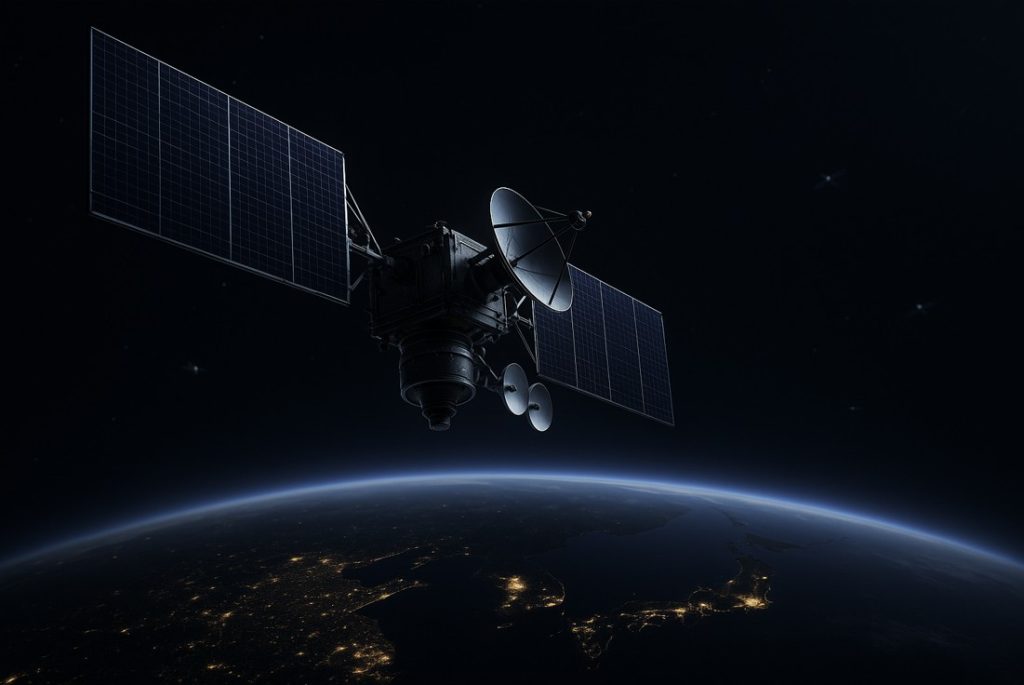
The move marks a significant shift in South Korea’s telecommunications landscape, historically dominated by SK Telecom, KT, and LG Uplus, and aligns with national efforts to lead in 6G infrastructure. LEO satellite networks, such as Starlink’s over 7,100 satellites and OneWeb’s expanding constellation, provide high-speed, low-latency coverage especially valuable in remote or mobile environments. KT SAT, already operating the Mugunghwa geostationary satellite, and Hanwha Systems, which holds an 8.8% stake in OneWeb, are positioning themselves as key players in the evolving market. Emerging technologies like direct-to-cell and inter-satellite laser communications are also expected to transform the competitive dynamics, potentially challenging traditional terrestrial networks in select use cases.
Feel free to contact us any time if you need assistance or have any questions regarding Korean certifications like KC, KC EMC, KCs, KCs for explosion safety products or KGS factory registration.
Tel. Europe: +49-69-271 37 69 259
Tel. US: +1 773 654-2673
Email: info@korea-certification.com For more information you can download our free brochure “Korea Certification Made Easy – The Booklet.
Hyundai expands Hydrogen Leadership with new Initium FCEV Concept
Hyundai Motor Co. has introduced its latest hydrogen fuel cell electric vehicle (FCEV) concept, named Initium, signaling a major leap forward in its hydrogen mobility strategy. The new model, revealed at the Clearly Committed event held at Hyundai Motor Studio Goyang near Seoul, is expected to debut in production form in the first half of 2025. Serving as the successor to the Hyundai Nexo, the Initium aims to deliver over 650 kilometers of driving range and up to 150 kW in motor output. The crossover also incorporates a redesigned, spacious interior suited for family use and includes features like large hydrogen tanks and an FCEV-specific route planner to address range and refueling challenges. Products related to hydrogen energy systems and production usually require KGS certification in order to be approved for import and sale in Korea.
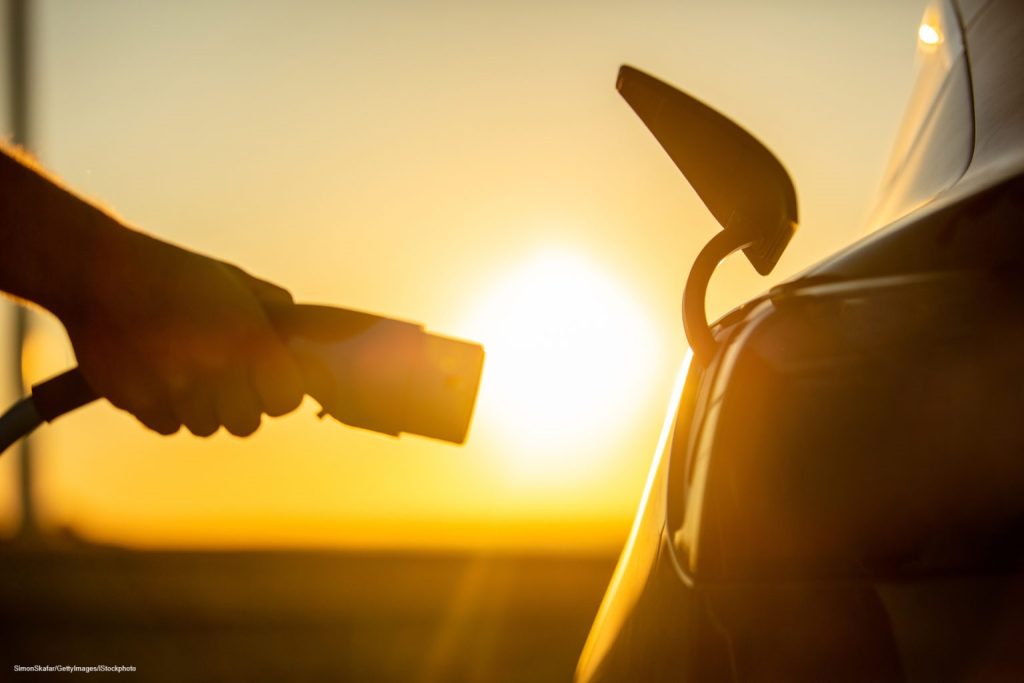
According to Hyundai, the Initium reflects nearly three decades of the company’s investment in hydrogen technology, beginning with its first hydrogen vehicle in 2000 and continuing through the launch of the mass-produced Tucson ix Fuel Cell in 2013 and the Nexo in 2018. The new concept will be showcased globally at both the Los Angeles Auto Show and Auto Guangzhou in November. The company emphasized that the Latin name “Initium” represents a new beginning in Hyundai’s vision of a sustainable hydrogen society. Hyundai also announced its recent acquisition of the fuel cell business from Hyundai Mobis to further accelerate hydrogen development. Collaboration with industry peer Toyota is also underway, as both companies aim to strengthen their leadership in hydrogen-powered mobility.
Feel free to contact us any time if you need assistance or have any questions regarding Korean certifications like KC, KC EMC, KCs, KCs for explosion safety products or KGS factory registration.
Tel. Europe: +49-69-271 37 69 259
Tel. US: +1 773 654-2673
Email: info@korea-certification.com
For more information you can download our free brochure “Korea Certification Made Easy – The Booklet“.
Hyundai launches Next-Generation NEXO to advance Hydrogen Vehicle Market
At the 2025 Seoul Mobility Show, Hyundai Motor Co. introduced the completely redesigned NEXO, marking the first full model update of its fuel cell electric vehicle (FCEV) since 2018. The second-generation hydrogen SUV features a significantly enhanced fuel cell system and powertrain, which boosts both its power output and efficiency. Notably, the NEXO aims for a range of over 700 kilometers on a single five-minute refill—an advancement that addresses key concerns over electric vehicle charging duration and infrastructure limitations. Many products and components used for the production of hydrogen powered vehicles usually require KGS certification in order to be approved for import and sale in Korea.
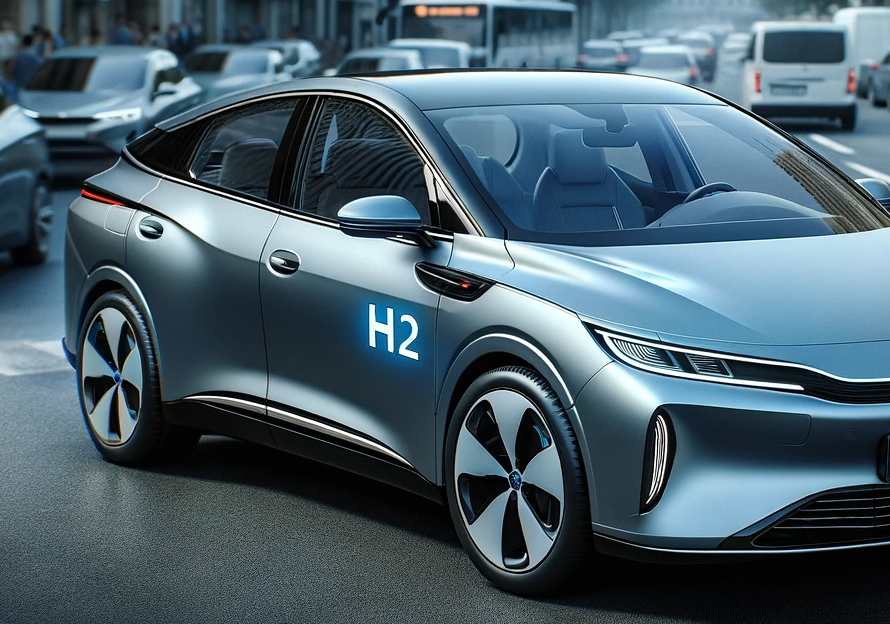
Performance upgrades include a 190 kW motor—up from 135 kW—and a battery output doubled to 80 kW. Its fuel cell stack now generates 110 kW, a 16% increase, and a larger hydrogen tank enhances storage capacity and overall efficiency. Built on the INITIUM concept, the new NEXO also adopts Hyundai’s “Art of Steel” design with HTWO signature lighting, aligning with the company’s hydrogen branding. Interior features include sustainable materials like recycled PET fabric and bio-processed leather, as well as a 12.3-inch infotainment system, generative AI voice control, and over-the-air update capability. Safety upgrades consist of nine airbags, hydrogen tank protection, advanced driver assistance systems, and structural enhancements. Available in six colors, the SUV offers up to 993 liters of cargo space and is expected to be priced similarly to its predecessor, around 69 million won. Hyundai’s continued investment in hydrogen technology, including the integration of Hyundai Mobis Co.’s fuel cell business, reinforces its leading position alongside Toyota in the global hydrogen vehicle market.
Feel free to contact us any time if you need assistance or have any questions regarding Korean certifications like KC, KC EMC, KCs, KCs for explosion safety products or KGS factory registration.
Tel. Europe: +49-69-271 37 69 259
Tel. US: +1 773 654-2673
Email: info@korea-certification.com
For more information you can download our free brochure “Korea Certification Made Easy – The Booklet“.
Hyosung validates Hydrogen Generator Performance in Harsh Weather Conditions
Hyosung Heavy Industries has confirmed the year-round operational reliability of its 1MW hydrogen engine generator, following successful performance trials under extreme cold and heat. The unit, first installed at the Yongyeon plant of Hyosung Chemical in Ulsan in April last year, completed 1,400 hours of continuous operation during winter and had previously demonstrated consistent performance during high summer temperatures. It is the first commercialized hydrogen engine generator of its kind worldwide. Hydrogen systems related products usually require KGS factory registration in order to be approved for import and sale in Korea.
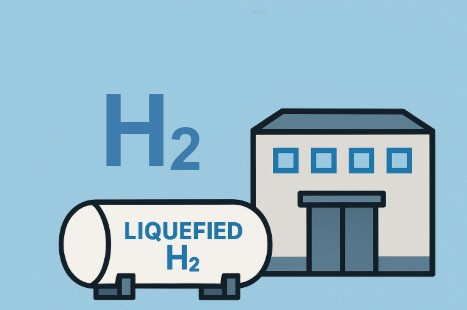
In addition to passing extreme weather trials, the generator has cleared safety reviews by the Korea Gas Safety Corporation and the Korea Electrical Safety Corporation, receiving authorization for commercial operation. Designed to operate solely on hydrogen, the system produces zero carbon emissions and offers flexible operation to complement intermittent renewable sources such as solar and wind. While most global competitors remain in testing stages, Hyosung is the only manufacturer to have completed real-world validation. The company aims to further develop its hydrogen combustion technology to strengthen its position in the eco-friendly energy market.
Feel free to contact us any time if you need assistance or have any questions regarding Korean certifications like KC, KC EMC, KCs, KCs for explosion safety products or KGS factory registration.
Tel. Europe: +49-69-271 37 69 259
Tel. US: +1 773 654-2673
Email: info@korea-certification.com
For more information you can download our free brochure “Korea Certification Made Easy – The Booklet“.
Doosan targets Korean Hydrogen Bus Market with new Models pending KGS Approval
HyAxiom Motors, a subsidiary of Doosan Fuel Cell, plans to launch two new hydrogen bus models in the first half of the year, pending approval from South Korea’s Ministry of Environment and the Korea Gas Safety Corporation (KGS). This move is expected to make Doosan the second player in the Korean hydrogen bus market after Hyundai Motor Group and represents a strategic effort to establish a strong foothold in the growing hydrogen-powered vehicle sector. The upcoming models include an 11-meter low-floor city bus and a high-floor intercity coach. Hydrogen motors-related products usually require KGS certification in order to be approved for import and sale in Korea.
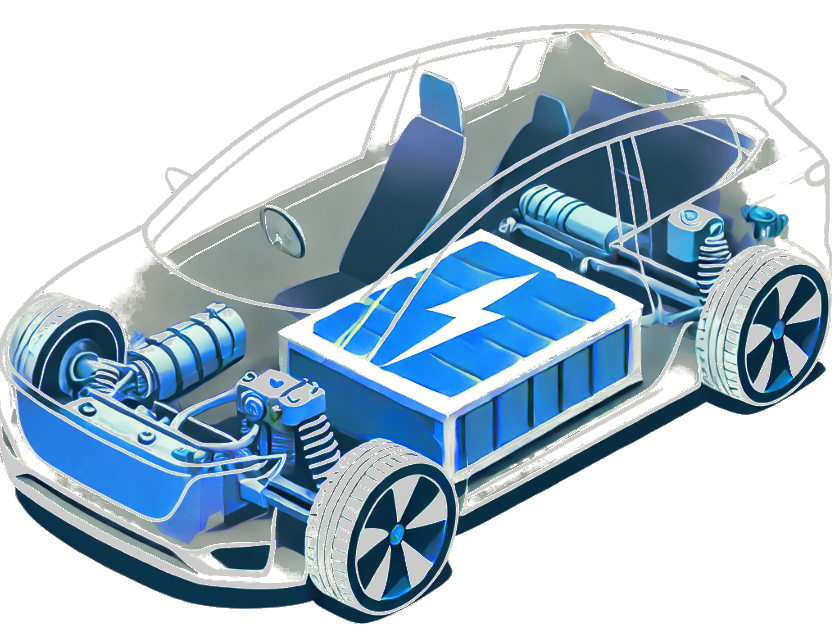
HyAxiom Motors was founded in 2022 by the Doosan Group as a fully owned subsidiary of HyAxiom, the U.S.-based arm of Doosan Fuel Cell. The company’s market entry aligns with the government’s goal of increasing the number of hydrogen buses from the current 1,700 units to 21,000 by 2030. Hydrogen buses offer advantages such as driving ranges exceeding 500 kilometers and short refueling times, making them especially suitable for commercial applications. Doosan Fuel Cell also aims to improve its financial performance, having reported an operating loss of 1.7 billion won last year. With a hydrogen bus priced around 700 million won, the company sees this segment as a potential driver of profitability. At the group level, Doosan is also reinforcing its hydrogen strategy by integrating the Fuel Cell Power BU into Doosan Mobility Innovation.
Feel free to contact us any time if you need assistance or have any questions regarding Korean certifications like KC, KC EMC, KCs, KCs for explosion safety products or KGS factory registration.
Tel. Europe: +49-69-271 37 69 259
Tel. US: +1 773 654-2673
Email: info@korea-certification.com
For more information you can download our free brochure “Korea Certification Made Easy – The Booklet“.



